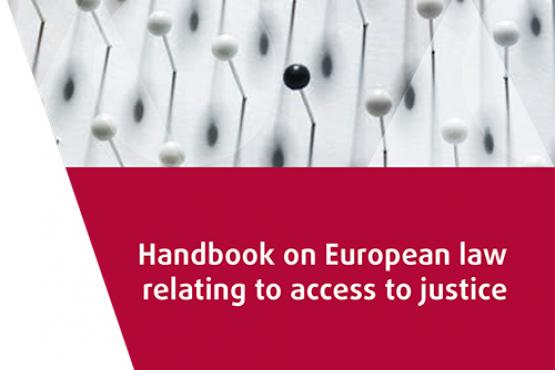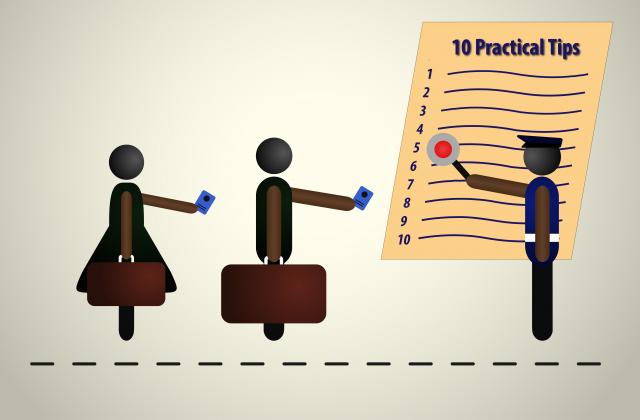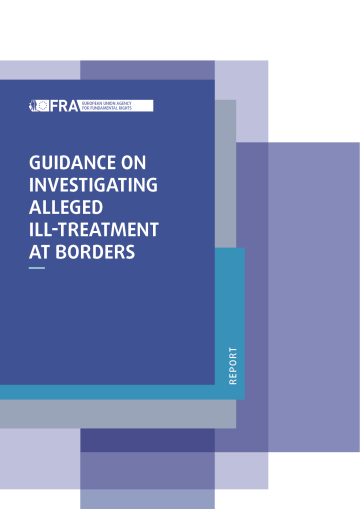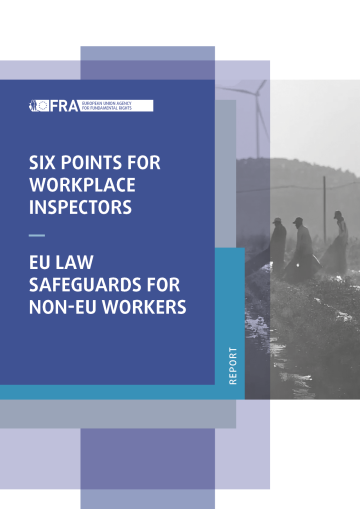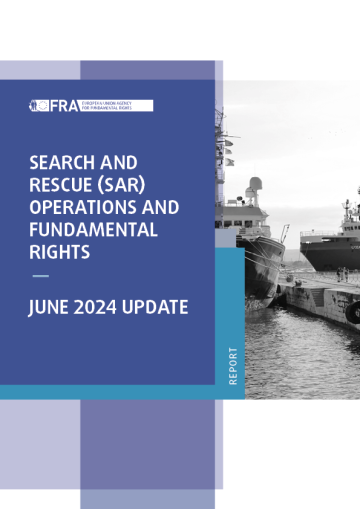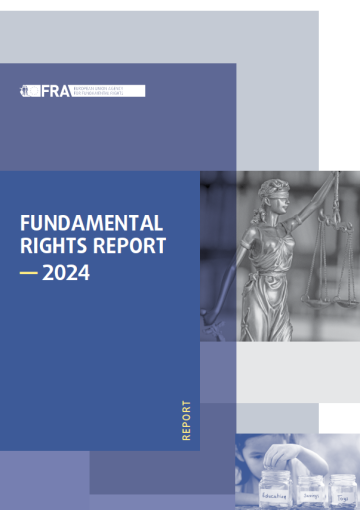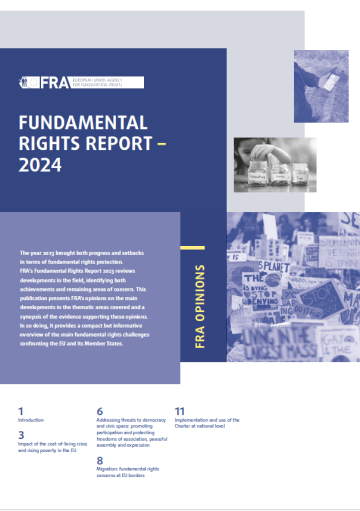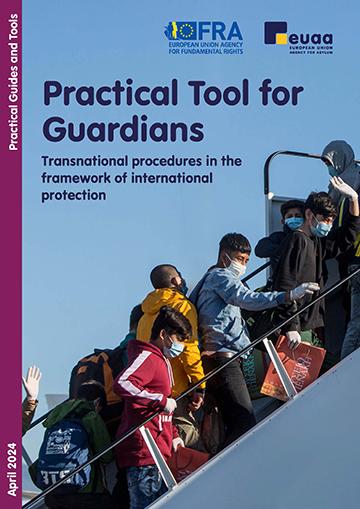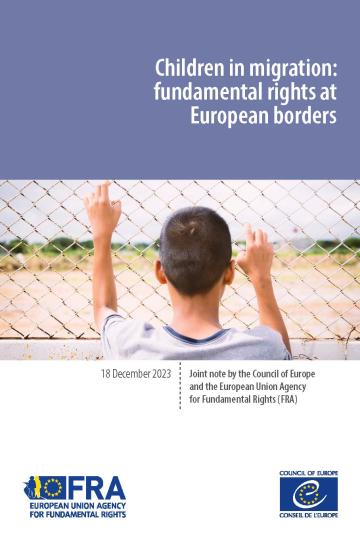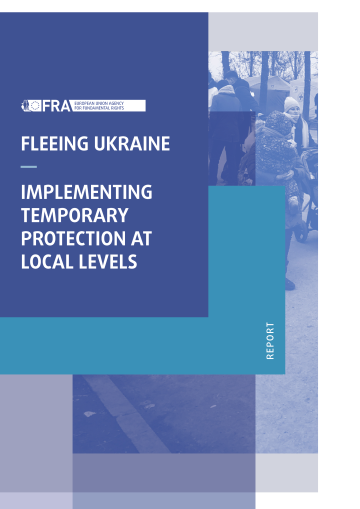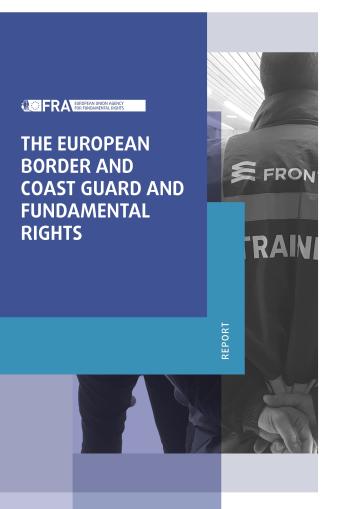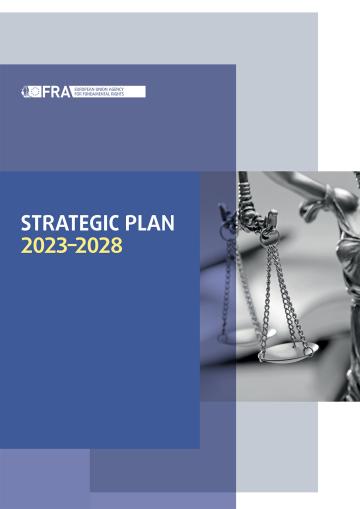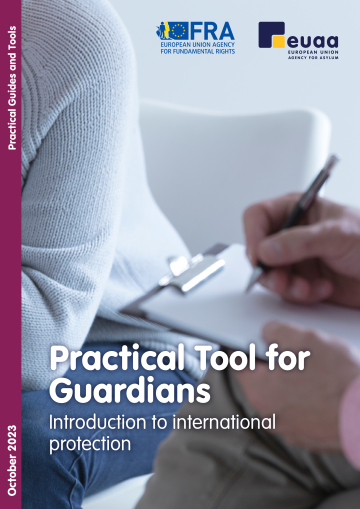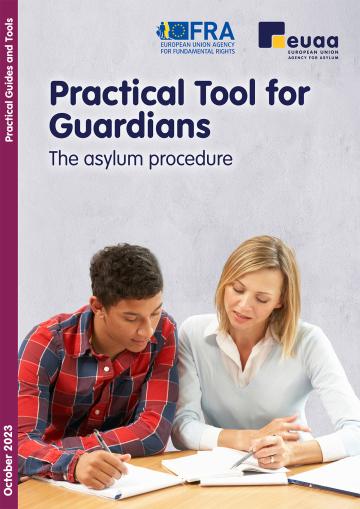(CoE) Member states must act to end impunity for crimes against journalists
Date of article: 01/11/2024
Daily News of: 05/11/2024
Country:  EUROPE
EUROPE
Author: Commissioner for Human Rights - Council of Europe
“The lack of justice for murdered journalists across Europe is a troubling sign of the dangers facing the press,” said Council of Europe Commissioner for Human Rights Michael O’Flaherty, ahead of the International Day to End Impunity for Crimes against Journalists.
“Far too many journalists have paid the ultimate price for pursuing the truth: Anna Politkovskaya, Georgiy Gongadze, Hrant Dink, Daphne Caruana Galizia, Ján Kuciak, and Lyra McKee are just a few of those silenced in the line of duty. Each name represents an attack not only on a journalist but on democracy itself, as violence against journalists directly undermines democratic values.
The European Court of Human Rights has consistently affirmed the obligation of states to safeguard journalists’ lives and to effectively investigate and prosecute those who threaten them. Accountability must extend not only to the perpetrators but also to those who orchestrate these crimes, who too often remain beyond the reach of justice.
Far too many investigations into crimes against journalists remain unfinished. This climate of impunity emboldens those who seek to silence the press. When journalists are unsafe, human rights abuses, corruption, and misuse of power go unchallenged, depriving the public of vital information to hold leaders accountable and allowing undemocratic forces to thrive.
This trend must be reversed. Member states must increase their efforts to uphold human rights obligations on press freedom, end impunity for crimes against journalists, and ensure that journalists can work safely and freely.”




